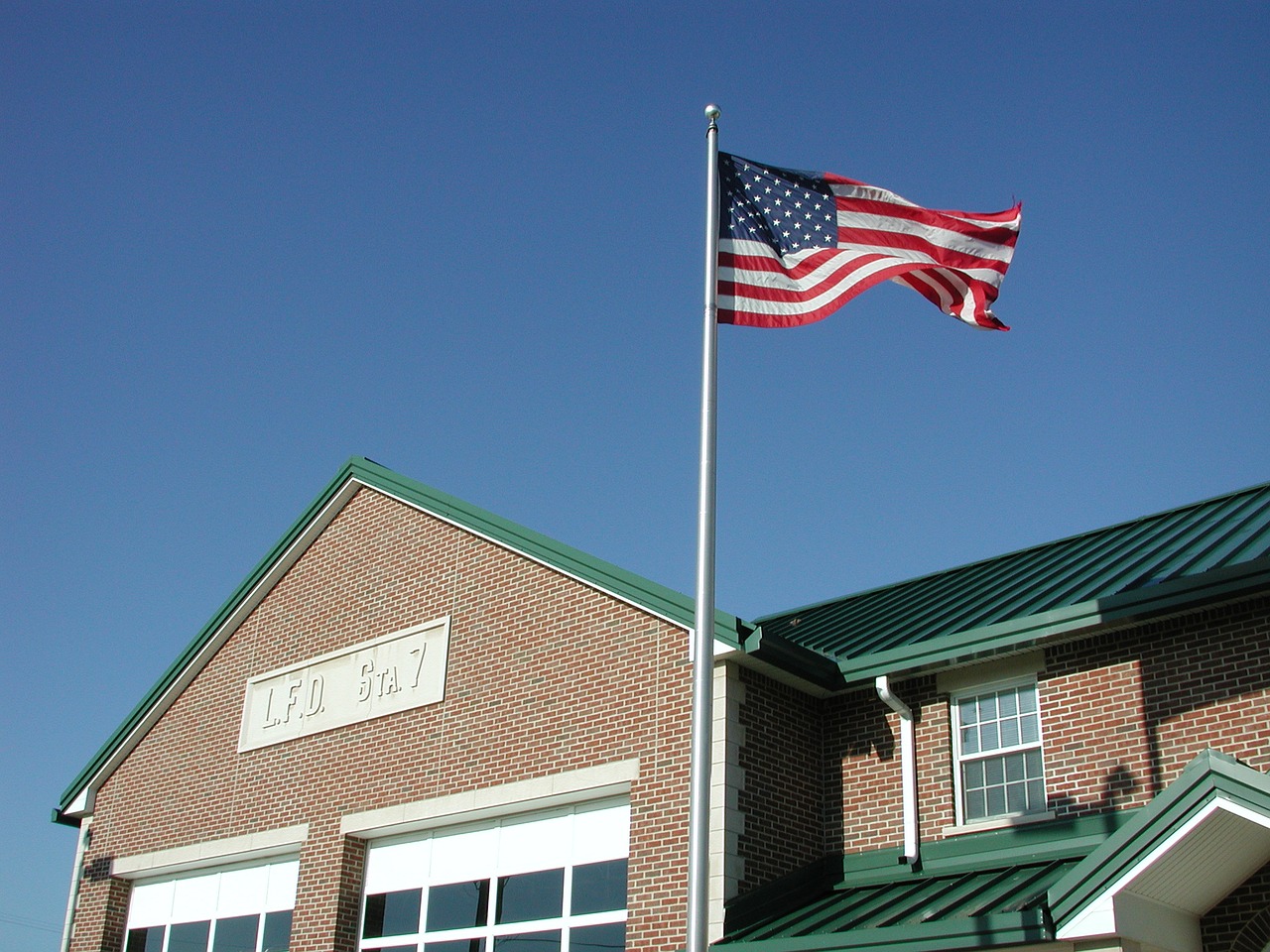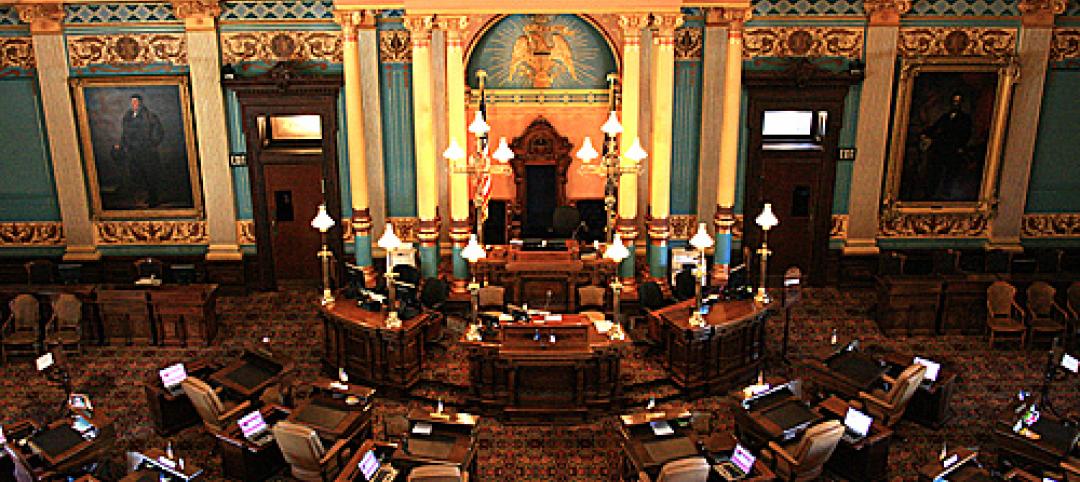The Oregon legislature has repealed a ban on construction of new critical facilities in tsunami inundation zones.
The action now allows fire stations, police stations, and schools to be built where tidal waves caused by offshore earthquakes could strike the coast.
An Oregon State University professor and an earthquake geologist argued that building in a tsunami zone is a foolhardy strategy with the potential for waves to reach seven stories in height.
But officials in coastal communities countered that placing an outright ban on new facilities creates a hardship that could stifle development.
A new facility being built by the University of Oregon in a tsunami zone demonstrates the lengths designers have to go to in order to make buildings able to withstand strong earthquakes and the biggest tsunamis. The building will feature a rooftop evacuation site that can accommodate more than 900 people.
The neighboring states of Washington and California have beefed up building codes in recent years to address the threat of tsunamis. Washington requires municipalities and counties to establish rules to limit development in areas that are frequently flooded or could be hit by tsunamis. California does not restrict development in tsunami zones, but it recently amended its building code to require that certain types of buildings be constructed to withstand tsunamis.
Related Stories
| Jun 14, 2012
AGC, other business groups oppose hiring rules for disabled
Business groups have asked the U.S. Department of Labor to reconsider a proposed hiring quota aimed at federal contractors pertaining to people with disabilities.
| Jun 5, 2012
HP Labs aims for net-zero energy data centers
Building sustainable data centers is one of the goals of HP Labs, and it believes technology, combined with the right building techniques, could result in the construction of energy-efficient data centers.
| Jun 5, 2012
USGBC delays LEED 2012; renames it LEED v4
In response to concerns by LEED users, the U.S. Green Building Council (USGBC) announced that it will delay the ballot on LEED 2012 until June 1, 2013.
| Jun 5, 2012
Baltimore officials vow to block $1.8 billion urban renewal project
Baltimore officials want to block a $1.8 billion urban renewal project until more neighborhood residents and minority contractors are hired and displaced residents can benefit from the revitalization.
| Jun 5, 2012
OSHA launches campaign to warn of heat dangers in outdoor work
The Occupational Safety and Health Administration has begun a campaign to warn outdoor workers about the dangers of heat exposure.
| Jun 5, 2012
AGC’s Safety and Health Conference focuses on regulations, legislation
More than 150 industry professionals and other attendees will participate in the Associated General Contractors of America’s (AGC’s) safety and health conference July 11-13 in Washington, D.C.
| Jun 1, 2012
New BD+C University Course on Insulated Metal Panels available
By completing this course, you earn 1.0 HSW/SD AIA Learning Units.
| May 31, 2012
Proposed change in Michigan’s building code would hurt innovation, say critics
Legislation pending before the Michigan Senate would change the law that calls for building codes to be updated every three years to require an update only every six years.














